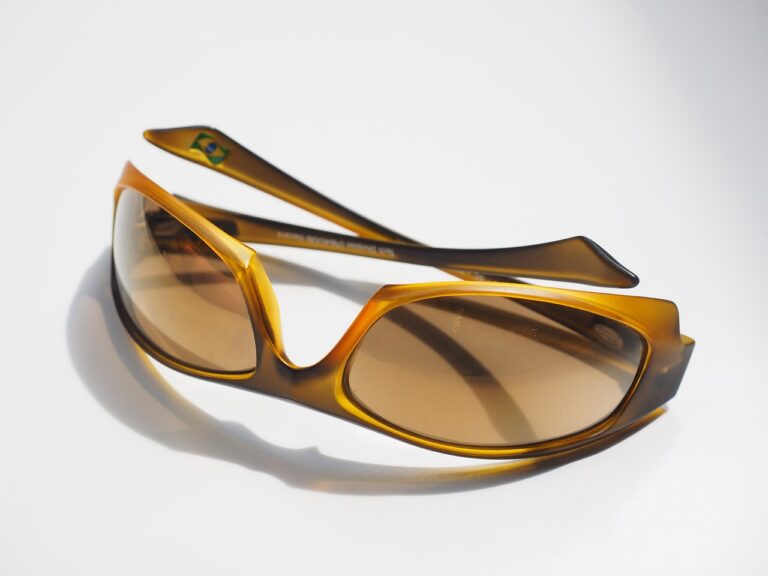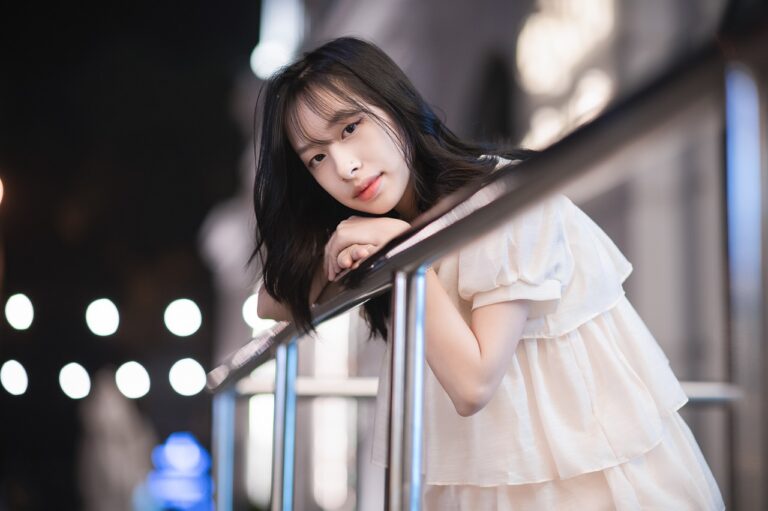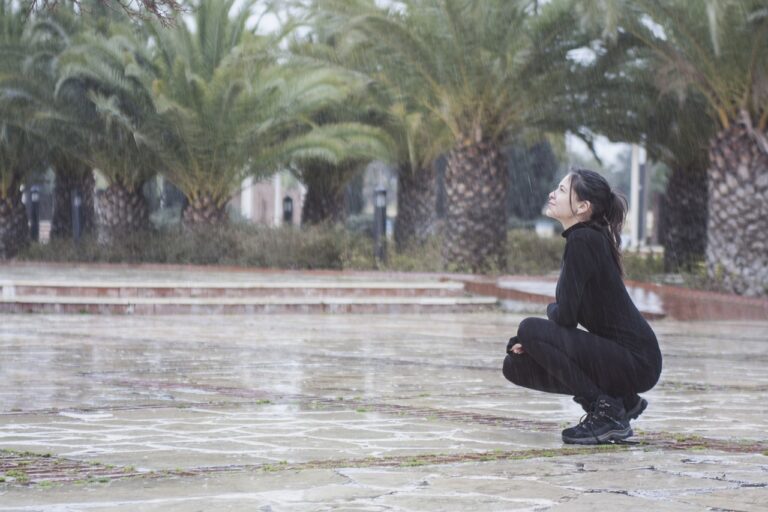Analyzing the Economics of Fashion Events: Betbook247, Radhe exchange registration, My laser247.com
betbook247, radhe exchange registration, my laser247.com: The fashion industry is one of the most dynamic and influential sectors in the global economy. Fashion events play a crucial role in shaping trends, promoting brands, and driving economic growth. From fashion weeks to trade shows, these events bring together designers, buyers, influencers, and consumers to showcase the latest collections and innovations in the industry.
In this article, we will delve into the economics of fashion events, analyzing their impact on the industry as a whole. From the costs involved in organizing these events to the revenue generated from ticket sales and sponsorships, we will explore the various economic aspects that drive the success of fashion events.
The Economics of Fashion Events
1. Event Costs
One of the key factors to consider when analyzing the economics of fashion events is the cost involved in organizing them. From venue rental and production expenses to marketing and staffing costs, hosting a fashion event can be a significant investment for brands and organizers.
2. Revenue Streams
Fashion events generate revenue through various streams, including ticket sales, sponsorships, and merchandise sales. Ticket sales are a major source of income for most fashion events, with prices varying based on the type of event and the target audience.
3. Sponsorships
Sponsorships play a crucial role in the economics of fashion events, providing brands with an opportunity to promote their products and reach a wider audience. In exchange for financial support, sponsors receive visibility and exposure at the event, thereby enhancing their brand image and driving sales.
4. Economic Impact
Fashion events have a significant economic impact on the cities and communities where they are held. From hotel bookings and restaurant sales to job creation and tax revenue, these events stimulate local economies and contribute to the overall growth of the fashion industry.
5. Brand Promotion
Fashion events are a powerful platform for brands to promote their products and connect with consumers. By showcasing their latest collections on the runway and engaging with attendees through interactive experiences, brands can create buzz and generate excitement around their brand.
6. Networking Opportunities
Fashion events provide a unique opportunity for industry professionals to network, collaborate, and build relationships. From designers and buyers to stylists and influencers, these events bring together a diverse group of stakeholders, fostering creativity and innovation in the fashion industry.
7. Sustainability
In recent years, there has been a growing emphasis on sustainability in the fashion industry, with many events now focusing on promoting eco-friendly practices and responsible consumption. From using recycled materials in runway shows to hosting panel discussions on sustainability, fashion events are driving positive change in the industry.
8. Digital Transformation
The rise of digital technology has transformed the way fashion events are organized and consumed. From live streaming runway shows to virtual reality experiences, technology has enabled brands to reach a global audience and engage with consumers in new and innovative ways.
9. Fashion Week Economics
Fashion weeks are among the most anticipated events in the industry, attracting designers, buyers, and media from around the world. From New York to Paris, these events generate billions of dollars in revenue for the host cities, with attendees spending on hotels, restaurants, and shopping during the week-long festivities.
10. Trade Shows
Trade shows are another important aspect of the fashion industry, providing a platform for brands to showcase their collections to buyers and industry professionals. From showcasing emerging designers to previewing upcoming trends, trade shows play a crucial role in driving sales and fostering collaboration in the industry.
Frequently Asked Questions
1. How do fashion events benefit the industry?
Fashion events benefit the industry by providing a platform for brands to showcase their collections, connect with consumers, and drive sales. These events also stimulate local economies, create networking opportunities, and promote innovation in the industry.
2. What are the key revenue streams for fashion events?
The key revenue streams for fashion events include ticket sales, sponsorships, and merchandise sales. Ticket sales generate income directly from attendees, while sponsorships provide financial support from brands looking to promote their products. Merchandise sales offer an additional revenue stream through the sale of branded products at the event.
3. How do fashion events contribute to sustainability?
Fashion events contribute to sustainability by promoting eco-friendly practices and responsible consumption. Many events now focus on using recycled materials, promoting ethical production methods, and raising awareness about environmental issues in the industry. By championing sustainability, fashion events are driving positive change and encouraging brands to adopt more sustainable practices.
In conclusion, the economics of fashion events are complex and multifaceted, with various factors contributing to their success and impact on the industry. From event costs and revenue streams to brand promotion and sustainability efforts, these events play a crucial role in shaping trends, driving sales, and fostering innovation in the fashion industry. By understanding the economic dynamics of fashion events, brands and organizers can make informed decisions and maximize the impact of their events on the industry as a whole.







